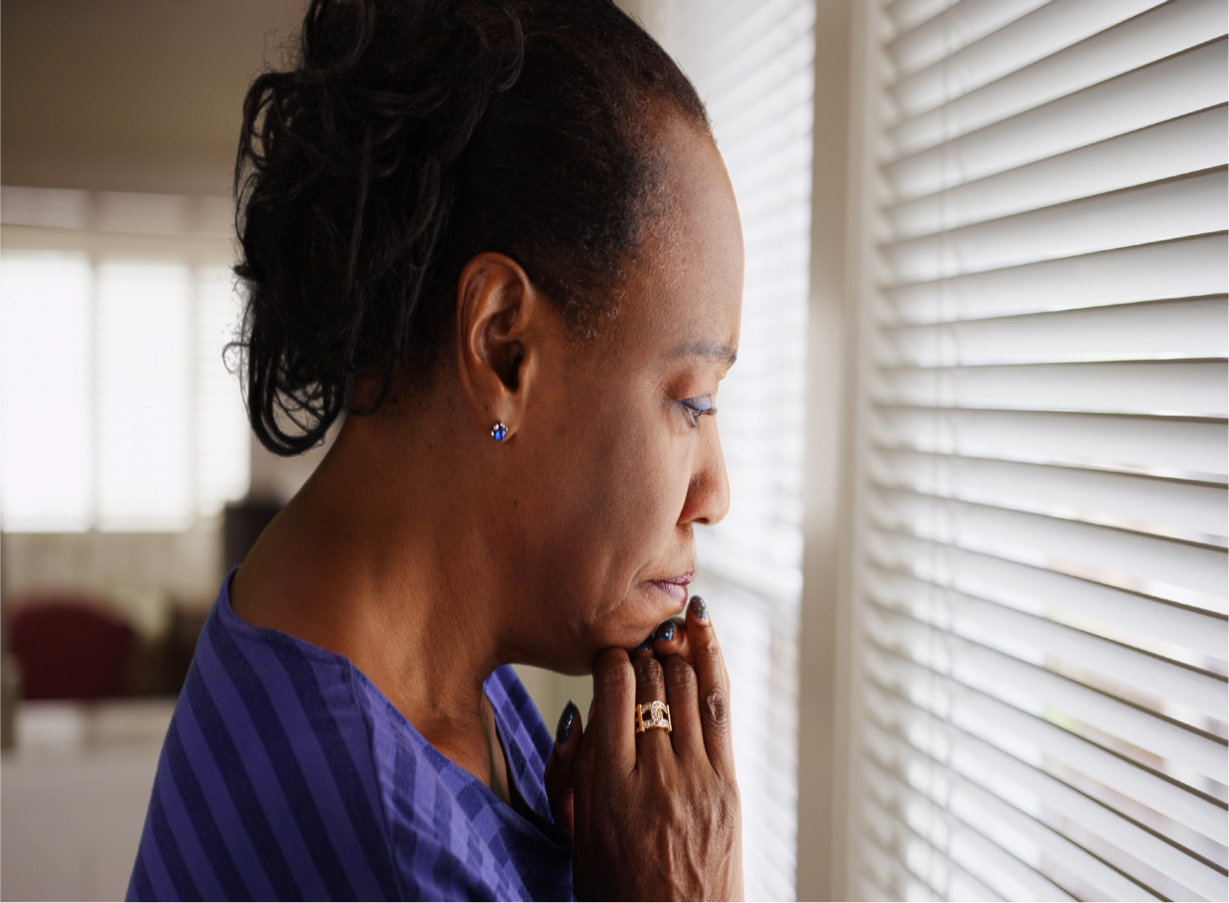The physical consequences of the SARS-CoV-2 coronavirus on the human body have been well publicised. However, the significant impact of the COVID-19 pandemic and the associated bereavements, lockdown measures and a looming economic recession on the mental health of the general public (Pierce et al, 2020; Robinson, 2020) has taken a backseat, despite its central importance (Mind, 2020b). Beyond the public in Great Britain, others who have been particularly affected include patients with long-term conditions (Smith, 2020), older people living in care homes (Cowan, 2020) and health professionals, whether in frontline roles or not, as well as those having to shield at home (Cowan et al, 2020).
Rising depression
Depression was already one of the most common mental disorders in Great Britain, but new research has shown that the COVID-19 pandemic has resulted in an increase in mental distress among adults across the UK (Pierce et al, 2020). Building on this, new data from the Office for National Statistics (ONS) (2020) showed that the rate of depressive symptoms among people in Great Britain has doubled to nearly one in five adults (19.2%) as of June 2020 compared with a pre-pandemic rate of one in ten adults (9.7%) indicated by data from July 2019 to March 2020.

The ONS (2020) analysis looked at a nationally representative survey of 3527 adults in Great Britain and found that those most likely to experience depression during the pandemic were:
The most common impact on the wellbeing of adults who have experienced some form of depression has been the feelings of stress and anxiety, with 84.9% of the adults in the analysis reporting these feelings (ONS, 2020). More than 42% of the adults surveyed also reported that their relationships were being affected, while only 20.7% of adults with either no or mild depressive symptoms reported this (ONS, 2020). The charity Mind (2020a) noted that these data have shown that, in addition to those who were hardest hit by the coronavirus pandemic, such as people who were already struggling with their mental health or who were facing unemployment and debt, as well as issues with housing and benefits, people who enjoyed good mental health prior to the pandemic have also been affected (Robinson, 2020). Many reported their experience of depressive symptoms for the first time (Robinson, 2020). More than one in five adults who had never before experienced poor mental health now report that their mental health is either poor or very poor (Mind, 2020b).
Plans for recovery
Although some people may benefit from short-term treatment with antidepressants, increasing social contact within safe and allowed limits as well as more time spent in nature can also help with depressive symptoms (Robinson, 2020). Furthermore, Mind (2020a) highlighted that, although the peak of the pandemic may have passed, we are now in a mental health emergency, and the charity is calling for the Government to prioritise mental health by meeting the following five tests:
Evidence from more than 16 000 people with mental health problems during COVID-19 as well as details on the five tests being proposed by Mind can be found in the charity's report at https://tinyurl.com/y3c2rpzp.

